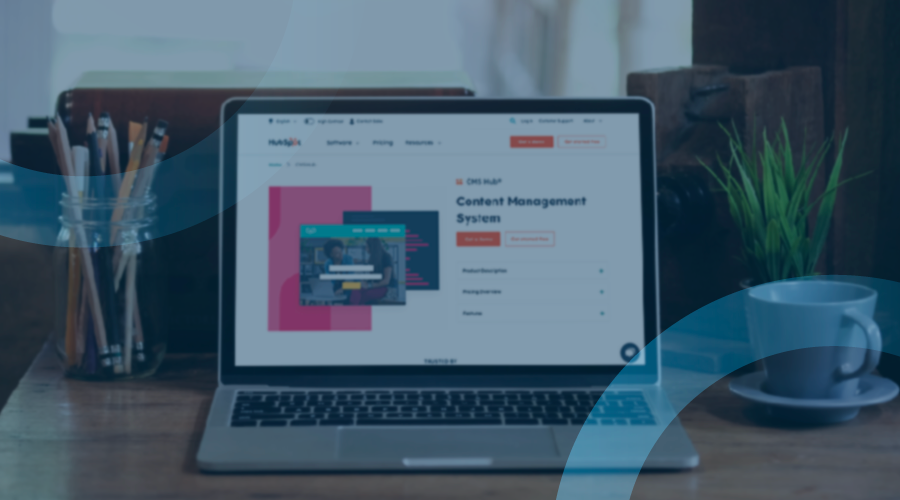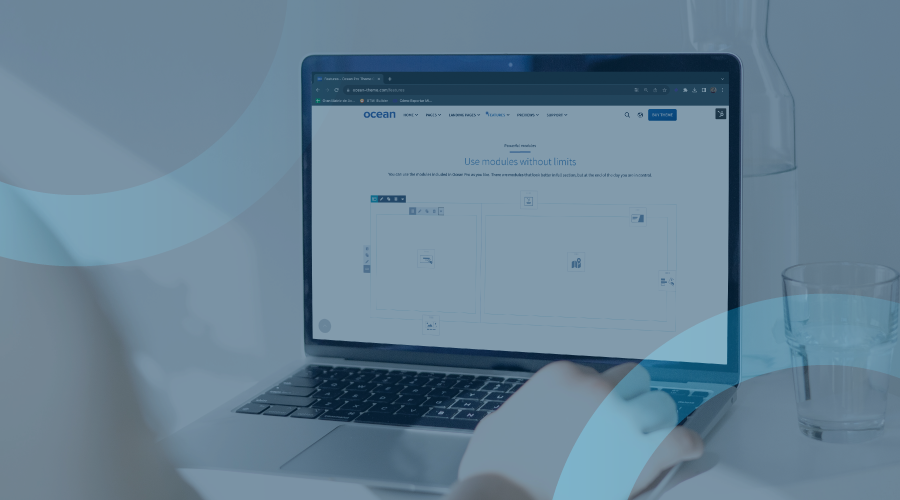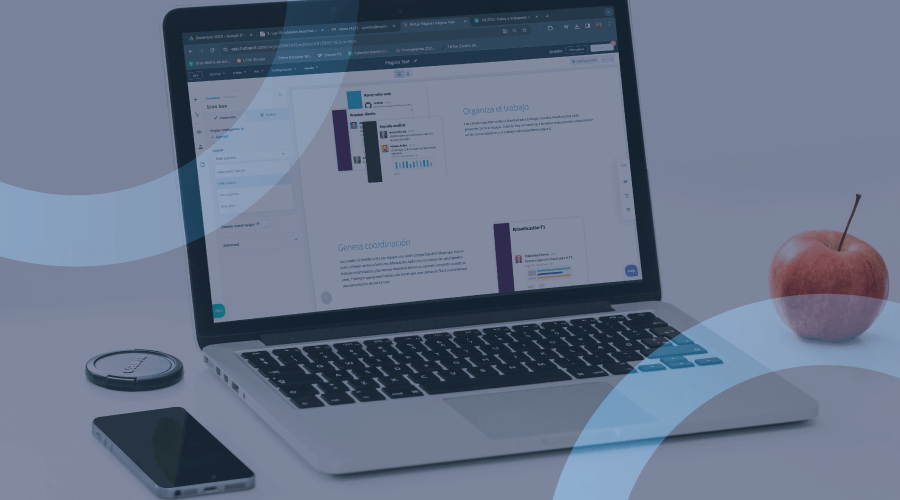Protecting your digital portal is an extremely important task to safeguard your business and protect the data of your users and clients. To achieve this, certain security measures must be implemented on websites.
According to the Organic Law on the Protection of Personal Data, website administrators must ensure the protection of personal data and prevent its loss or inappropriate treatment.
If you want peace of mind and to do it correctly, you should consider and apply the following 10 security measures that we will explain to you.
1. HTTPS protocol and SSL certificate
The HTTPS protocol allows for a secure connection between the server and a website. Its function is to encrypt the transmitted data, preventing external interception.
This is crucial in safeguarding data such as emails, banking information, addresses, phone numbers, among others. Therefore, it is a recommended factor by Google, and this element can even impact a website's SEO.
Additionally, the SSL certificate is important, serving as a digital object that allows systems to verify identity and establish an encrypted connection with another system through the Secure Sockets Layer/Transport Layer Security (SSL/TLS) protocol.
2. Software updates
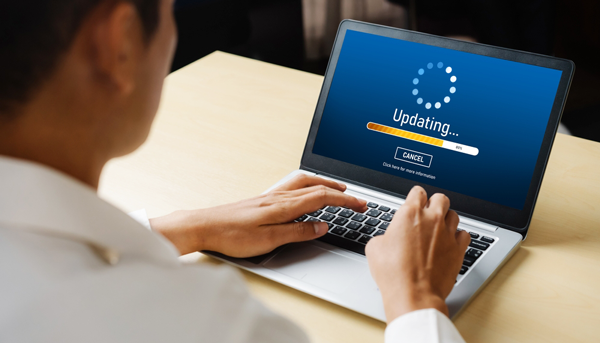
Keeping all components of a website up-to-date is another key point when it comes to security, as updates often include patches that fix vulnerabilities.
What should you keep updated? The operating system, web server, content management system, and all plugins, themes, or extensions used on your page.
If necessary, it is recommended to establish an update schedule to closely monitor and ensure that no component is outdated. Some systems allow for automatic updates, so you could take advantage of this feature to avoid security issues on your website.
Remember that a good practice is always to back up your entire website before applying any updates to prevent any problems in case something goes wrong during the process.
3. Complex access passwords
This security measure is crucial on any platform, as there are many hackers who use systems to try different combinations until they decipher passwords.
Therefore, it is recommended not to use data directly related to users or the same password across different platforms. If discovered, hackers could gain access to all others.
Consider the advice often included on pages, such as using a considerable length (more than 10 characters), incorporating numbers and letters, combining uppercase and lowercase letters, and using special characters, etc.
This way, it will be more challenging for anyone outside your company or yourself to access important data on your website.
4. Two-factor authentication
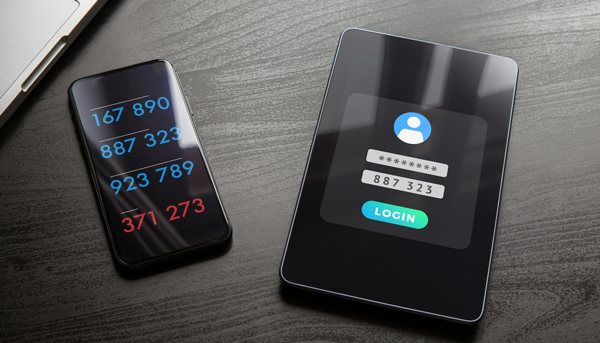
Two-factor authentication is becoming increasingly common because it adds an extra layer of security by not only requiring a password but also a second verification method; for example, a code sent via WhatsApp or generated from an authentication app like Google Authenticator.
Another, somewhat older method is the use of physical security devices, such as tokens or USB security keys, that generate codes users must enter to log in.
This method is crucial for protecting user accounts against phishing, as even if someone obtains the password, they would still need the second authentication factor to access the account, making it even more challenging for hackers to compromise the information.
You can check if it's possible to activate two-factor authentication within your content management system (CMS) or the platform you are using for your website.
5. Quality Hosting
Your hosting provider should provide information about the security measures it applies. It should have an Intrusion Detection and Prevention System, as well as various firewall technologies, antivirus, and anti-spam systems.
Furthermore, it should offer a robust system to limit administrator and user privileges and conduct network inspections for suspicious actions or activities.
For example, HubSpot's hosting provides the necessary security, control, and privacy for your teams to achieve compliance with confidence and a strong infrastructure to keep data safeguarded.
If you are currently using a different hosting provider, there's no problem, as migrating to the HubSpot CMS is straightforward.
6. Backups
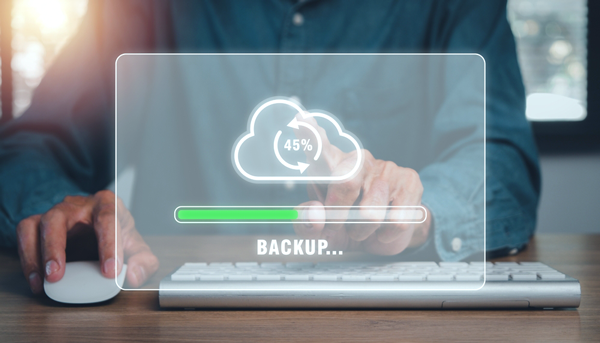
Creating regular backups is one of the best security measures for your website.
It allows you to effectively recover from any cyber-attack you may fall victim to. To achieve this, you can choose an option that offers automatic backups at regular intervals or configure your website to do so, as it is often overlooked.
Similarly, it is crucial to keep backup files in a location separate from the original files of your website. Otherwise, if someone gains access to your web account, they would also have access to the backups.
7. Store Only What's Necessary
Many organizations tend to store personal information in databases because they need it.
For example, names, addresses, credit card information, etc. To handle this properly, you should first organize the database, clearly understand what information you have, determine what is necessary, and get rid of anything that is no longer useful.
After this process, store only what is necessary, perform backups, and encrypt everything.
8. Monitor Logs and Conduct Regular Inspections
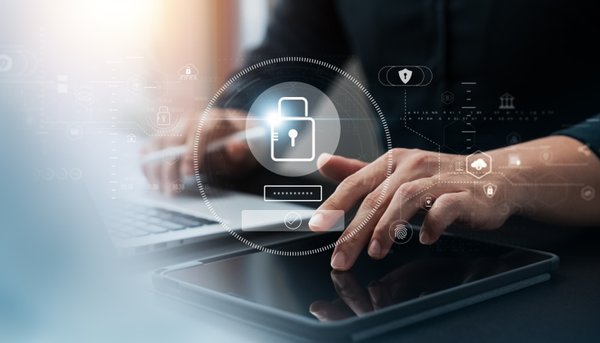
Keeping a website updated with plugins and the like is not enough. You have to work to strengthen your security strategy and be prepared to anticipate identity theft attacks or other malicious activities.
Keep track of your logs and conduct inspections to identify any deficiencies in your IT infrastructure. You can review user access privileges, core files, among other aspects.
This way, you can determine if you need additional security measures, renew certifications, or take other actions. You can use automated security auditing tools.
9. Monitor Your Site's Activity
Monitoring the activity of your website is crucial for detecting and responding to any unusual behavior or activity.
To achieve this successfully, it is recommended to use security tools that can track movements in real-time. These tools often include Intrusion Detection Systems (IDS), which analyze network traffic to find signs of malicious activity, as well as Intrusion Prevention Systems to block such traffic.
Additionally, keeping a record of security events with details about failed login attempts, site changes, access from unknown IPs, etc., is crucial for gaining a more complete understanding of your website's activity.
10. Security Awareness
Raise awareness about security within your organization or among your users. Educate them about the importance of strong passwords, the risks of phishing, and the significance of promptly reporting any suspicious activity.
Encourage a culture of security where everyone plays a role in maintaining a secure online environment. This proactive approach helps prevent security breaches and ensures that everyone is vigilant against potential threats.

Website security education is crucial for building a strong culture within your company and among your web users.
Regular training should be provided on best practices, including how to recognize threats to stay alert and avoid falling victim to phishing or malware.
Furthermore, it's essential to encourage all members to be committed to protecting the assets of the website and understand why it is so important and what consequences it may have.
Best practices should range from creating secure passwords to keeping devices up-to-date.
Protect one of the most valuable assets of your company!
One of the best website building tools is HubSpot, as it already includes certain security measures such as the HTTPS protocol, in addition to covering all the hosting points we have addressed in this content.
And among all the options, if you are looking for the best theme to create your website, we recommend the Ocean Theme for HubSpot. It is 100% customizable and designed to be secure and scalable, making it ideal for both small and large businesses. In the latter case, Ocean Pro is the recommended option.
Do you need more information or want to know exactly how we can help you protect your website? Let's talk!

.png?width=319&height=267&name=gtmetrix_2023%20(1).png)


